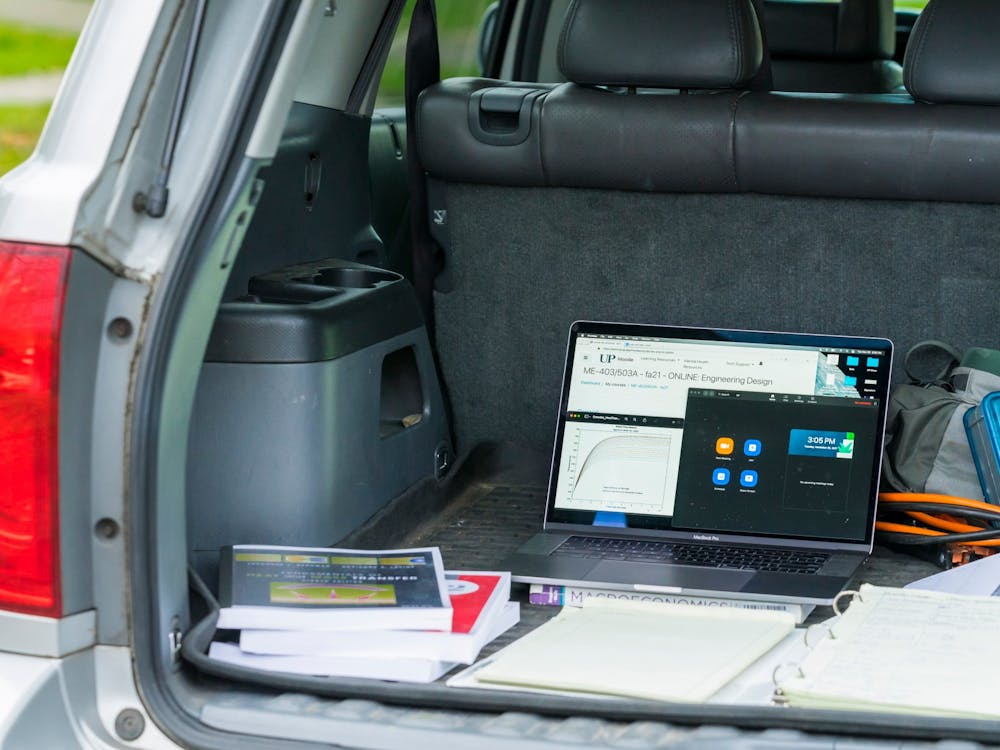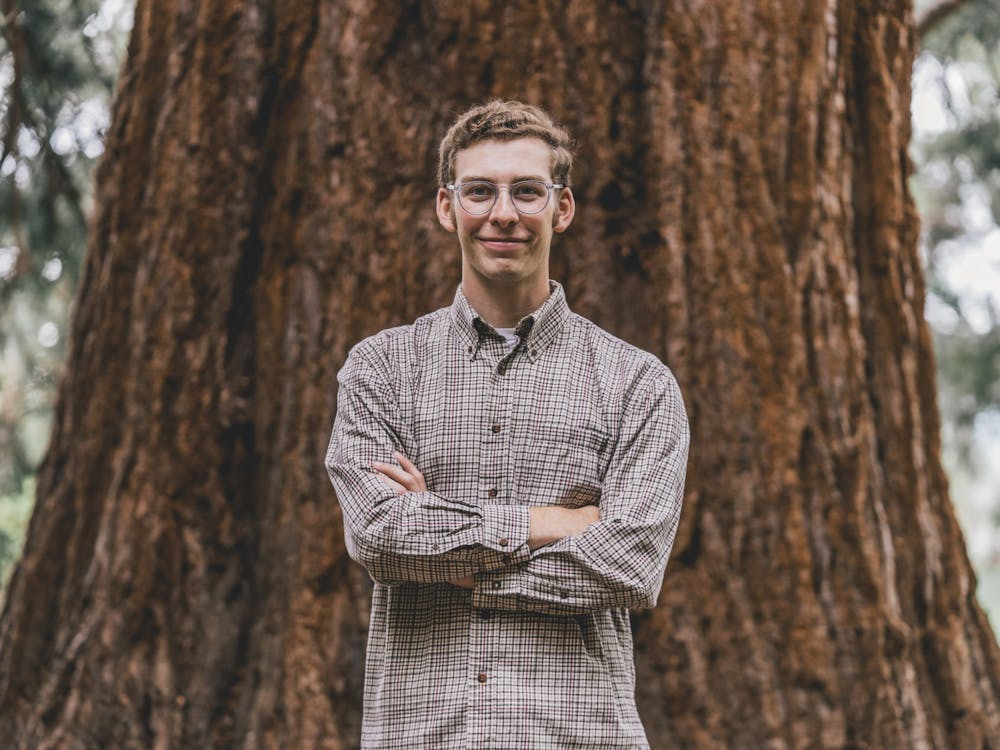A generation of slacktivists
By
Last month, freshman Erin Marshall shaved her head, showing solidarity with those suffering from cancer and raising $1,200 for cancer research.
You might be reluctant to go bald for a cause, but that doesn't mean you can't fight for what you believe in.
Yet too many young people our age are just too apathetic.
Everyone is willing to click "like" on Facebook or type a hashtag on Twitter supporting some cause they know as much about as they know each one of their Facebook friends - but their involvement stops there.
This phenomenon has been dubbed "slacktivism" - Internet actions supporting a cause but requiring almost no time and little to no involvement.
And we are the generation of slacktivists.
Showing your support for a cause on the Internet is not without value. It spreads awareness and brings issues to the forefront of the online community.
But it doesn't change the fact that if your involvement stops there, the most you're doing to help is working out your index finger tapping the track pad on your laptop.
It doesn't do the real work to make a difference.
The recent petition calling for the Nondiscrimination Policy to include sexual orientation and gender identity received around 1,800 signatures online.
In response to this, along with the 100-person demonstration calling for the same thing, the University hosted community listening sessions to hear students' opinions on issues of nondiscrimination and inclusion.
But the first student community listening session was attended by fewer than 20 students.
Obviously, students care about this issue. The petition was a valuable way to show the widespread student support for this policy change.
But when asked to find time between classes, work and their social lives, most students opted out.
This doesn't mean students don't believe in this change or that they don't care.
This means students are lazy.
UP brings some renowned speakers to campus, but many of these events are poorly attended by students.
If we want UP to bring famous, influential people to our campus, we have to turn off the TV, get off the couch and go see them.
And if we want to make change, we have to do more than show online support.
Social media spreads the word and garners support perhaps better than any other tool out there. Sharing posts and changing profile pictures is an important way to raise awareness about issues and show solidarity.
But it's only the first step.
It takes people like the participants of the demonstration, the writers of the petition and the people who showed up to the listening session to continue to make that change happen.
It takes people like those who signed up for Relay for Life and fundraised tirelessly for the $25,000 UP's 47 Relay for Life teams have raised so far.
It takes people spending the time to have real conversations, voice their opinions and follow through on the causes they care about.
It takes people like Erin Marshall, who is willing to go bald to fundraise for a cause she believes in, to make a difference.
At the risk of being cliché, don't just support change. Don't just agree with it. Be it.
Editorial Policy The editorial reflects the majority view of The Beacon Editorial Board. The editorial does not necessarily reflect the opinions of the collective staff or the Administration of the University of Portland. Other submissions in this section are signed commentaries that reflect the opinion of the individual writer. The Student Media Committee, providing recommendation to the publisher, oversees the general operation of the newspaper. Policy set by the committee and publisher dictates that the responsibility for the newspaper's editorial and advertising content lies solely in the hands of its student employees.







